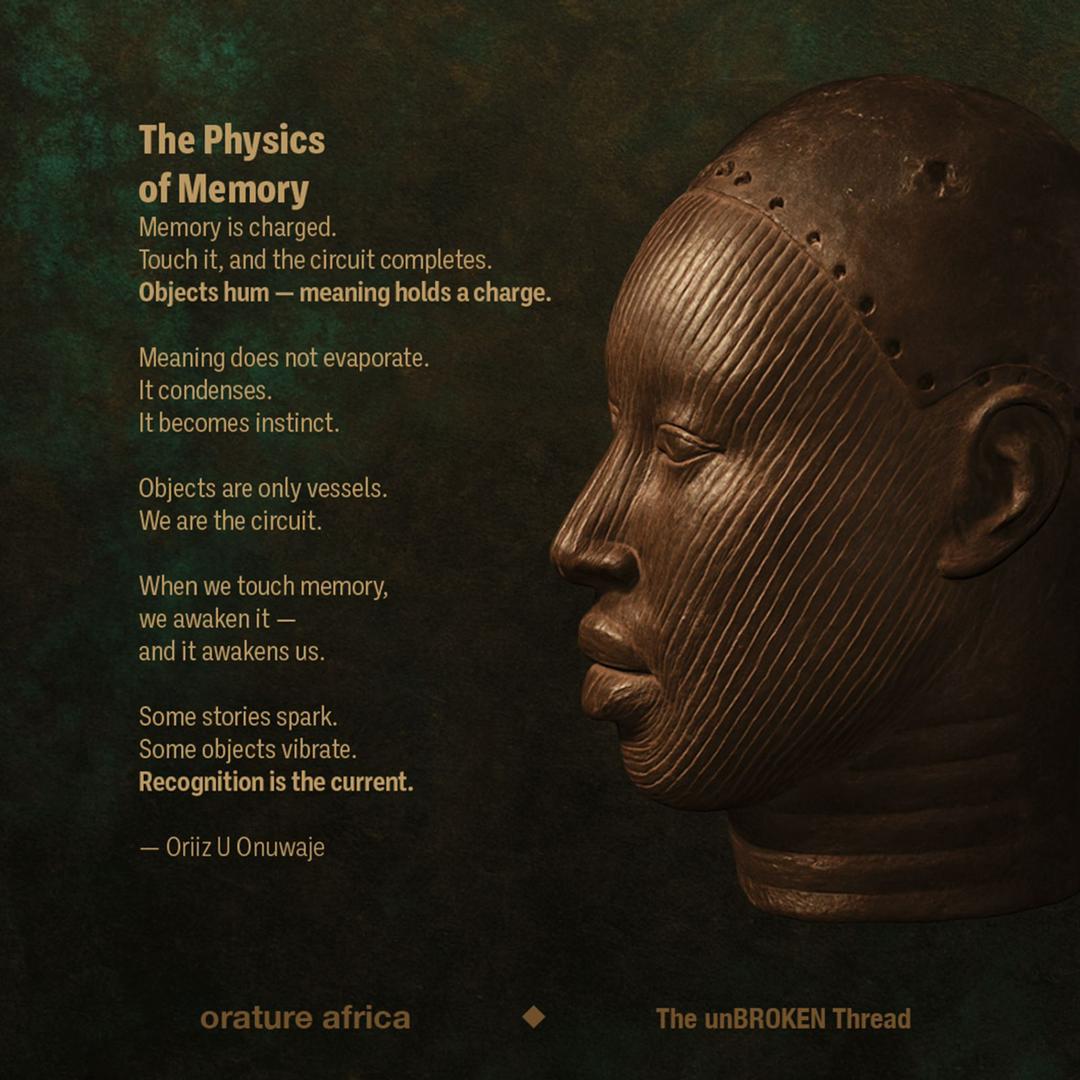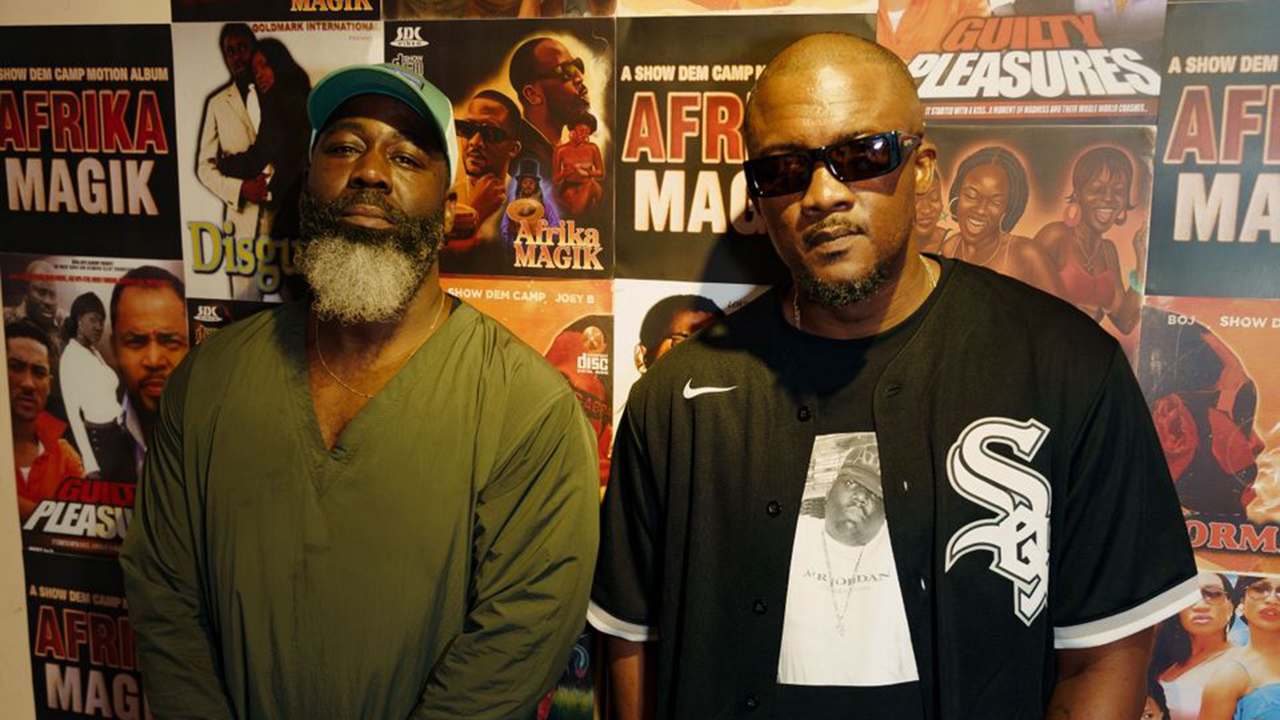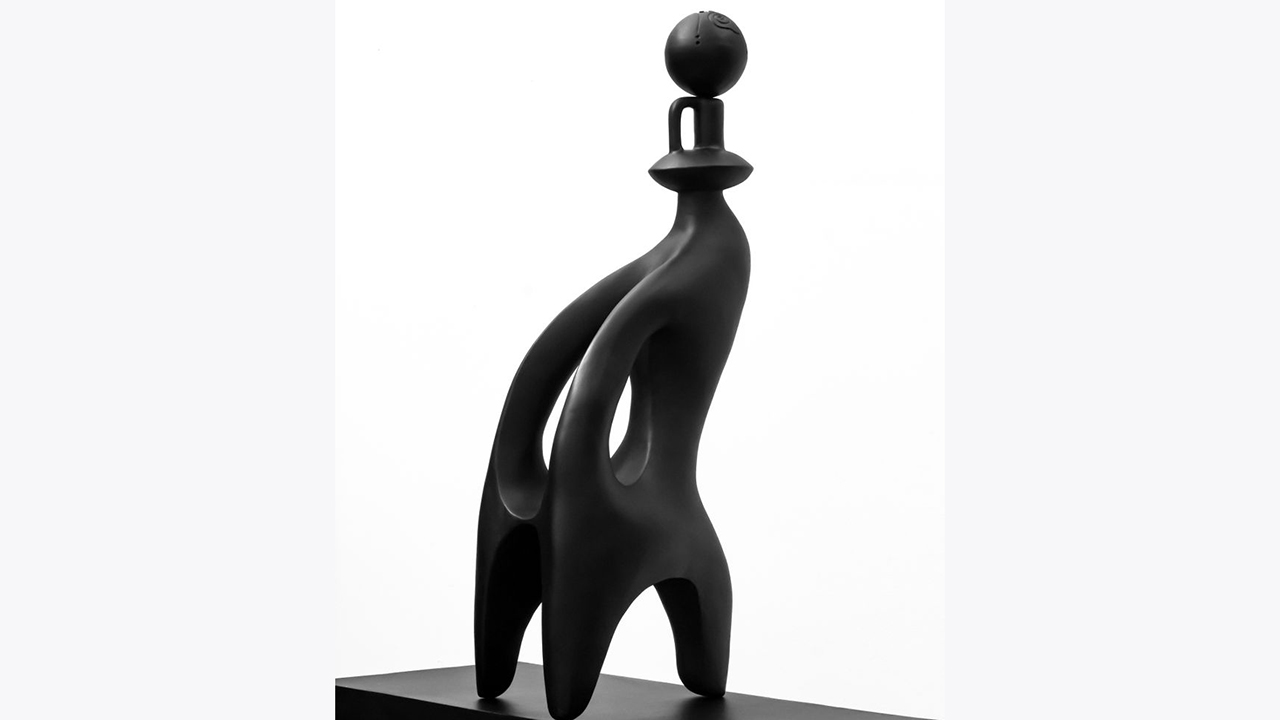
Congratulations, Prof. for being awarded Nigerian National Order of Merit award! You have joined the pantheon of the very elect. How does it feel joining the club?
It is an exhilarating experience to be recognised by your own country and be among the best and brightest. I feel happy and lucky to have won the award. It is a humbling experience, which imposes some responsibilities on one, too. If you are nurtured by your country and recognised with its highest award, you have to give your very best to the country. To whom much is given, much is expected. The saying can’t be truer than for the winner of the Nigerian National Order of Merit.
You are a recipient of several awards. How different is this one?
Yes, I have received many awards for my creative and scholarly achievements but none ranks as high for me as this. There is something very unique to one’s own country recognising one as deserving of complimenting. This award has taken into consideration my creative and scholarly works, unlike others for either creative or scholarly works. This award touches me deeply.
In the last year and now, you and Prof. Niyi Osundare have won the award, two of Nigeria’s top academics in foreign universities. What does this say about creative production among academics in the country?
Yes, Niyi won the award last year and I won it this year in the humanities area. Coincidentally, Niyi and I were established here in Nigeria before we went abroad. That said, there is no doubt that the more relaxed foreign environment has helped both of us to do more than we might have done if we stayed in Nigeria. I have done more creative and scholarly works since I have been in the United States. I can talk at length about the encouragement I have received in my University of North Carolina at Charlotte. The American institution knows the value of having established writers and scholars and encourages them in the manner, I think, that Nigerian universities may not be capable of doing. Thus, there is an enabling environment in the workplace that helps. Foreign institutions encourage their academic staff by giving merit award in the form of salary increase at the end of the academic year to reward productive ones among them. The foreign institutions also celebrate achievements of their academic staff in book publication and winning of grants and fellowships at a party also at the end of the academic year. These things, as far as I know, are not done in Nigerian universities. In any case, one becomes a good creative writer only if one absorbs the sensibility and reality of one’s own country or heritage.
What did you speak about in your investiture lecture?
There was no room for me to speak or give a lecture as part of my investiture. My colleague in the sciences gave the vote of thanks on our behalf. I believe I will be asked to give a lecture at some other time in the future.
You and Prof. G.G. Darah have made famous udje poetry of the Urhobo oral tradition. What is the followership like among Urhobo younger cultural workers?
Udje is perhaps the most poetic of African oral poetic performances. It is a pity it is not thriving, as one would wish it to. There are only a few new composers and most performances are of old songs. That said, many younger scholars and writers are following Darah and myself. I can think of Peter Omoko, who is doing his doctoral dissertation on udje and also writing poetry and plays informed by udje aesthetics. Any writer today, who can capture the essence of udje in poetry or drama will achieve a lot creatively. It is a pity we don’t have many writers from the Delta area today, who borrow from the rich heritage.
And is the practice of udje performance as extensive as it should be among the Urhobo in modern times, in your estimation?
I have already talked a little about this. There are only a few Ughievwen and Udu towns having udje performances during their traditional festivals as at Orhughworun, Urhiephron, and Ekakpamre. Most udje performances take place at burial ceremonies, where troupes from Orhughworun and Otokutu perform. They sing old songs and no new ones. In recent years, I think Peter Toroh composes and till he died several years ago Chief Dozen Ogbariemu of Iwhrekan. Pentecostalism and the craze for money have taken away the leisure needed for udje, a very serious and time-demanding oral poetic performance genre.
Another area of your expertise is excavating disturbing issues in the Niger Delta alongside other writers/poets from the region. How far have such writings helped or hindered discourse in the area?
If you grew up in the Niger Delta and saw the changes, which have taken place within one or two generations, you are bound to be touched by the transformation of a pristine environment to the very degraded place it is today. We are many, who write on the Niger Delta and Ken Saro-Wiwa blazed the trail. For me, the environmental degradation is complicated by the collusion between the multinational companies and various Nigerian governments as well as the minority status of Niger Delta people in the Nigerian federation. I cannot keep quiet when the means of livelihood of the local communities have been affected by the pollution, the health of the people, and other issues. I think, for me and my fellow Niger Delta writers it is our responsibility to fight for environmental justice and sensitise the people and the oil and gas companies towards a healthy environment. We have to all work towards environmental restoration of the region.
Would you say the upsurge of militancy is as a result of the failure of poetry/writings and other intellectual niceties/engagements on issues of the region?
You cannot blame the upsurge of militancy as the result of the failure of poetry or other writings on issues of the region. That will be unfair to the writers. The writers draw attention to what is happening and how there could be environmental justice. The problem, in my opinion, is ignoring the common people, who are suffering the economic and health problems of the environmental degradation. The state and the so-called militants do not seem to have the interest of the common people at heart. Do the militants represent the people? Is the Federal Government interested in assisting the people in overcoming their environmental challenges?
The fall in the price of oil makes the Federal Government more desperate to have more crude oil to export but it has to realise that people of the region are suffering. The Federal Government should embark on grassroots projects to benefit the people and not pay so-called militants, whose wellbeing is not necessarily the same as of the people.
Of course, the generality of the people would support the militants if the Federal Government is not seen as carrying out its responsibility. It is only when there is an “upsurge” that the Government wants to do something. The cause for the oil and gas companies and the Federal Government to use a fraction of their profits to fight the environmental degradation is a just one and no benefactor from the oil and gas exploitation should wait for the World Court or the UN to commit to doing the right thing.
How far do you think government’s current efforts can have in diffusing tensions? Is military option the right way to go?
The right option is for the government to be trusted as doing its best to assist the people, who are directly affected by the oil and gas exploitation and also to fight the environmental degradation. The Federal Government should make the oil companies accountable for their oil spills, equipment failure, gas flares, and other acts that pollute the air, land, and waters on which the Niger Delta people depend for their livelihood. Why will massive pollution be ignored in the Niger Delta and not be combated as the Exxon Valdez or the Gulf Oil pollution in the U.S.? The companies should not be allowed to operate on a double standard—one in the North America and Europe and another in the Niger Delta! I do not support military action.
However, once the government commits itself, the people and the so-called militants should allow production to go on smoothly. I think of an agreement between the government and the people to start this. The irony is that the common people are often the casualties of military presence in the area.
What do you make of the demands of elders of the region on government? Can they guarantee justice for the people and their devastated environment?
There should be a representative summit of so-called militants, elders, and the people for a binding collective agreement with the government. The more folks involved in the negotiation, the more binding any agreement will be. There has to be environmental justice as the objective of any demands and action towards resolving the problem.
What is your assessment of current Nigerian poetry?
Many Nigerians are writing poetry but it seems the excitement of some earlier periods is lacking. I mean the enthusiasm of the 1960s and 1980s. I personally believe that the poetic genre has lost its place of preeminence to fiction, which is currently more popular. This may not be a Nigerian problem alone. However, there is “literary exhaustion” as far as poetry is concerned and Nigerian poets should aim at “replenishing” it. Yes, there are younger poets but what impact have they made? Have the poets tapped from the resources of globalisation for a new and fresh type of poetry? I will think not yet. Old and young Nigerian poets should accept the challenge to bring passion and freshness to the content and form of their poetic writings.
What other projects do you have up your sleeves?
The minstrel does not rest! I have another collection of poems almost ready but I am still honing it. In it I am trying to look for ways to replenish the exhaustion I already talked about. I expect it to be different in many ways from my earlier collections. I also have a collection of short stories almost completed. A non-fiction work of mine, One Year in the Land of Spirits, should get published in 2017. The muse will not allow me to rest and so I am writing one thing or the other all the time.
What other issue strikes you as equally important as writer and academic?
I don’t want my poetry and other writings to be defined by udje and Niger Delta alone. While those two factors have been important, one should not forget the history, reality, individual experiences, and humanity that have fed my work. I also want more serious study of my work, which I think will show much more complexity and not something to be pigeonholed into one or two compartments. I write mostly poetry but I have done a lot of fiction in the form of novels, short stories, as well as non-fiction/memoirs, and literary scholarship. I want these works to be read or studied together as they are inter-related. I encourage folks to read the creative works available.
Quote;
The problem, in my opinion, is ignoring the common people, who are suffering the economic and health problems of the environmental degradation (in the Niger Delta). The state (Federal Government) and the so-called militants do not seem to have the interest of the common people at heart. Do the militants represent the people? Is the Federal Government interested in assisting the people in overcoming their environmental challenges?
The fall in the price of oil makes the Federal Government more desperate to have more crude oil to export but it has to realise that people of the region are suffering. The Federal Government should embark on grassroots projects to benefit the people and not pay so-called militants, whose wellbeing is not necessarily the same as of the people
[ad unit=2]





